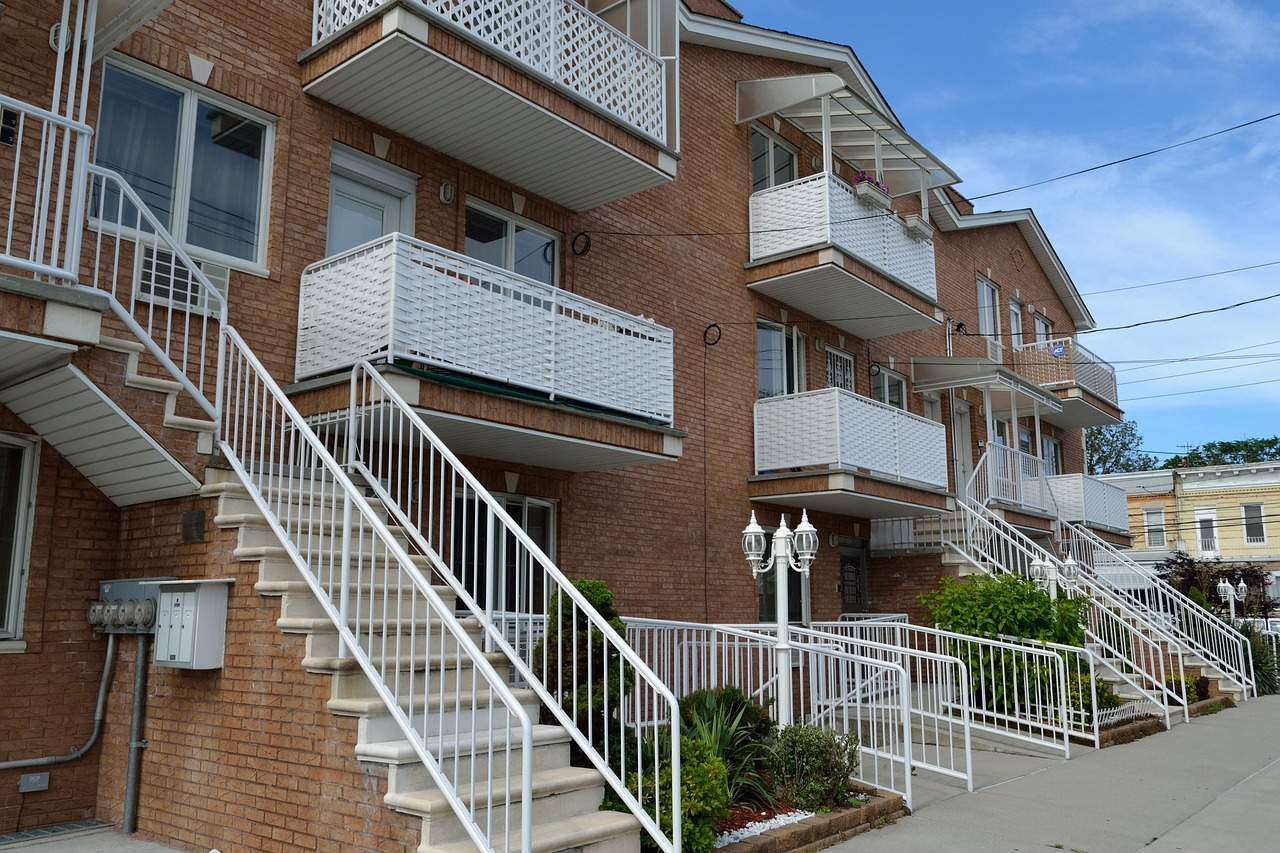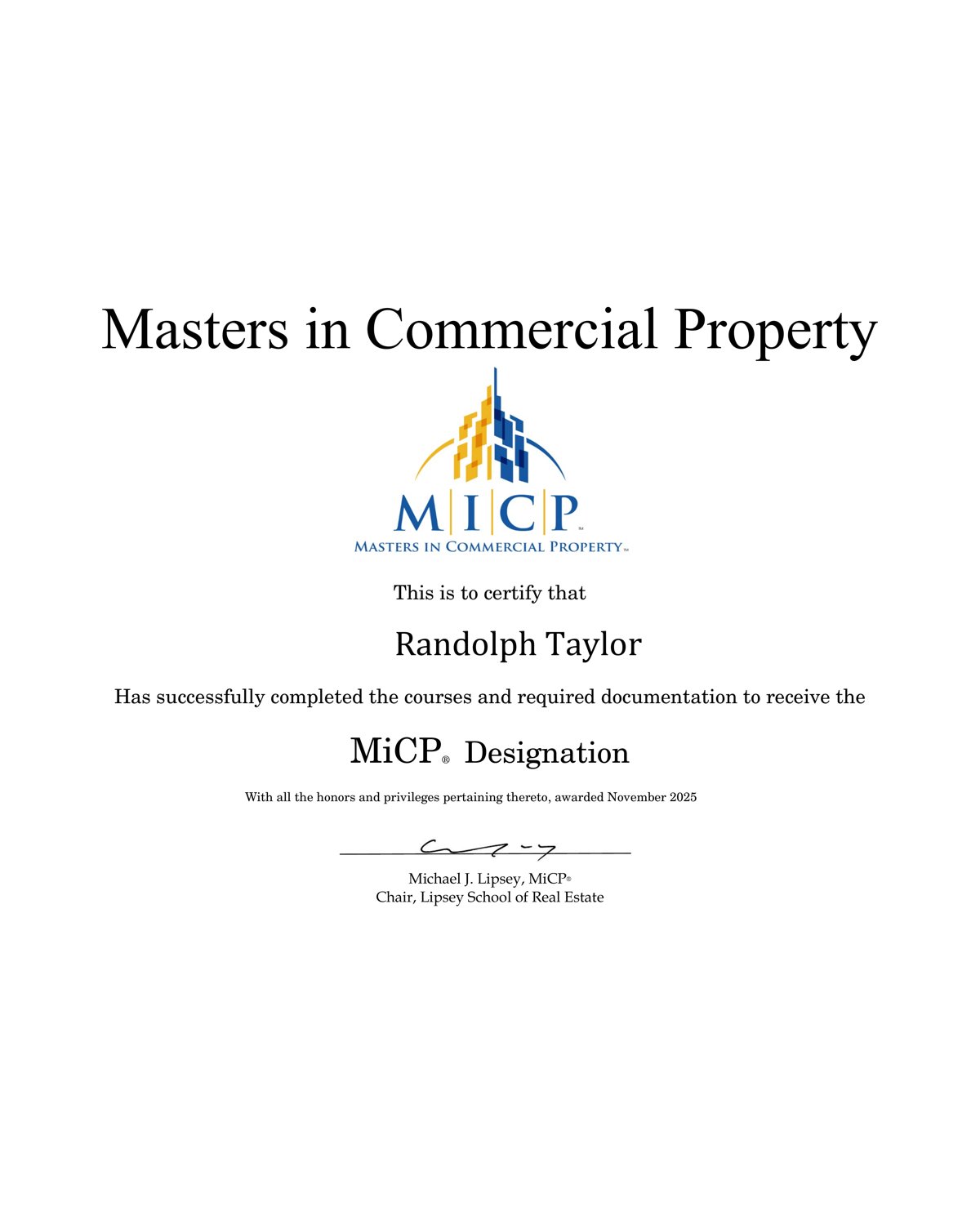Real Estate Syndication is the phrase used to describe the concept of pooling the resources of and bringing together several different real estate investors in order to do a large commercial deal. In this video, you'll discover the basics of real estate syndication; from the 4 most important things to know when raising capital, to the 3 way you can profit from syndicating real estate, how to find private investors, how to convince investors to invest with you, the top 3 questions all investors will ask you (and how to answer them) along with a very detailed real deal example.
What is Real Estate Syndication?
Real estate syndication is when you raise capital from private individuals. It is an effective way for investors to pool their financial resources together to invest in properties much bigger than they could afford on their own. If you were to find an outstanding deal but didn't have the funds to afford the down payment, you could syndicate it by finding other people to help fund the deal. Or, if you had the down payment but no real experience or confidence to operate the property on your own, you could use real estate syndication to get experienced partners to help with the project. Real estate syndication allows you to close more deals because it allows you to leverage partnerships and other financial resources.
You can even use real estate syndication for retirement planning. Many people, including myself, use syndication as our pension. You might want to consider doing real estate syndication because you can make a nice amount of monthly income through asset management and acquisition fees, or if you are the agent, you can earn lots of commission from selling your own deals.
The Four Most Important Things to Know When Raising Capital
1. It is a relationship-based business
It is important to relax and be yourself. I want you to be genuinely interested in the potential investor you are dealing with. Be sure to call them back when you say you're going to call them back and do the things you tell them you are going to do. Commercial real estate is a relationship-based business. If you do not understand that, you're not going to be successful in raising capital.
2. Put the Investor First and Yourself Second
When you’re raising capital, I want you to have the mentality that your grandmother is the person investing in your deal and that she is doing so with her life savings. If this is the mentality you have, then you will be very careful with the money and not put it towards any iffy deals.
3. Your capital raising efforts need to be structured for efficiency and legal reasons
Real estate syndication is about compliance with the strict laws, rules, and regulations that are set up to protect the investor. Before syndicating a deal, make sure you understand those laws and regulations.
4. Get an attorney who's experienced in real estate syndication
Do not try to set up a real estate syndication without the help of a good attorney. An experienced attorney will make sure you have the exact documents you need, give you the lawful disclosures you need, and provide legal protection when you close a deal with a private investor.
If you were to forget just one of these things, you could open yourself up to a lawsuit or worse. There is a government agency called the SEC, the Security and Exchange Commission, and their purpose is to protect investors from dangerous or illegal financial practices or fraud by requiring full and accurate financial disclosures by you, the syndicator. This is something an attorney can handle for you.
The Three Ways You Can Profit From Real Estate Syndication
-
Acquisition Fees
A syndicator of real estate will receive compensation for finding the deal, doing the due diligence, and even structuring the deal. These fees can range anywhere from 1% to 5% of the project size. For example, if it was a 5 million dollar deal, 5% of that is $250,000 dollars. Or you can choose a flat fee, like 25 or 50,000 dollars. These fees are generally negotiable with the investors that you bring into the deal, but make sure your fees aren't too high, or the investors may be leery of investing with you.
2. Asset Management Fees.
The asset management fees are generally 1 to 5% of your gross monthly income on the property. To get an asset management fee, your role is to manage the partnership and deal syndication. You must send out notices with updates for investors, oversee property management, and help organize tax preparation. This role does not include property management, it is just asset management, so you are overseeing the property management and the entire structure of the partnership. When you take over all of these roles, you're entitled to a monthly asset management fee.
You can be compensated through equity participation in a project, which is basically your ownership stake or your equity stake in a project. It can range between 5% ownership to 50% ownership, depending on your experience and what you bring to the deal. Are you bringing money and experience, or just money, or just experience?
You can also participate in the equity splits on the back end. On the back-end means, when you sell the property, there's a split between you and the investors that decides how much you are going to give them and how much you are going to keep for yourself. For example, your deal might stipulate that 50% of the profits go to you and 50% go to the investor when the deal sells. This allows you to almost double or triple, an investor's rate of return on investment.
How to Find Investors
When you are talking to a potential investor, there are three things going through their mind.
1. They’re thinking about you "Can I trust you?"
2. They’re thinking about the deal. "Is it a good deal?
3. They’re thinking about the risk. "How risky is this deal?
Where to Find Them
If you are a beginner investor, your humble beginnings will probably be the same as mine. You have to start someplace, so start by going to real estate club meetings, like REIA meetings and meetup.com, or other get-togethers that are real estate meetings. You can also check out Chamber of Commerce meetings, but I suggest you start in your inner circles, such as your friends, family, coworkers, and former coworkers.
Now, I know some of you might be thinking, "Peter, I don't know anyone with money. All of my friends and family are broke, and I'm too embarrassed to ask my coworkers.” This is a lame excuse.
The truth is you do not know anyone with money YET. There is a lot more money out there today than there are deals. Deals are difficult to find, but money follows good deals.
Your job is to put together good deals, and the money will follow it.
Challenge:
I want you to make a list of 24 people you know that have money or might know people with money. Once you have this list, I want you to contact them and send them the executive summary. An executive summary is a one-page summary of the deal. If you go onto YouTube and look at this video called "The Basics of Real Estate Syndication," there is a link there that you can download, and it's the exact same copy our students use that we send out to potential investors, just to gauge their interest.
If you send this out to 24 people, out of those 24 people, 12 will look at it. That means the other 12 are not even going to read it. Out of the 12 that did read it, 6 are going to show some interest, and the other 6 are not going to be interested. Out of the 6 that show interest, 3 are going to want to talk to you, and out of those 3, 1 will invest. The ratio for beginners is a 24-to-1 ratio. There's no shortcut because no one is going to hand you, investors. You have to go out and find them yourself.
How Many Investors Do You Need?
The short answer is you need double, but here's a long answer. If you need 250,000 dollars for a down payment, then your goal as a beginning syndicator is to raise 500,000 dollars.
Why?
It's because people will be people. Some will back out, some aren't ready, and some just don't want to do it. So to raise $250,000 dollars, you need commitments of double, $500,000 dollars.
What comes first? The deal or the investor?
If you are a beginner, find the investors first. If you are a seasoned investor, the deal comes first.
How to Convince Investors to Invest With You?
When you are sitting face to face with investors, or you have them on the phone, they are wondering, "Can I trust you?", "Is this a good deal?", and "Is this a risky deal?" I'm going to address you, the deal, and the risk in seven components that you must have to convince an investor to invest with you. These seven things will position you for the investor to say yes.
1. Your deal must be underpriced.
It must be priced under market value, so people know it's a good deal.
2. The deal must have some income upside, meaning that there's potential to raise the rent.
There's a potential to get higher lease rates because in commercial real estate, as your income goes up, so does your property value, so if your deal has that attribute to it, it's a good one.
3. You need to have excellent cash and cash return.
Your ROI must be better than what they're getting with their IRA or their 401(k), so make sure you have excellent cash and cash return. I would suggest a minimum of 8%.
4. Your deal must have good demographics
This means that the investment must be in a good neighborhood with good job statistics. Basically, the area of the market must be capable of sustaining your investment for years to come.
5. Your exit strategy must be realistic and conservative
If your exit strategy is too aggressive, they will see that as too risky, and they will not invest.
6. Have a track record
It doesn't have to be your track record. You can bring in someone else's track record and make them a partner in the deal.
7. You need to prepare an executive summary
As I mentioned before, you can go on to my blog "Basics of Real Estate Syndication," to view this executive summary.
If you have those seven things, you put yourself in the best position for the investor to say yes. I'm going to leave you with one word of wisdom on convincing your investor to invest with you. The word of wisdom is to start small. Don't start off by having to raise millions of dollars. Make it easy for yourself.
Top Three Questions Investors Will Ask
1. Is there a guarantee that I'll get my money back?
The answer is no. There is a risk in every investment on the planet, and it's not just the investment; it's everything. Investors lost a lot of money in 401(k) and stocks in the last market bust. Let them know that the investment is secured by the property, which is in an LLC. Property insurance will protect them against loss, fire loss, flood loss, vandalism, and things like that, so they'll have that security, but you can't guarantee them anything.
2. "When will I get my money back?"
It depends on the exit strategy. When you meet your investor, have the exit strategy in terms of years already figured out. For example, you can tell them, "The deal goes on for five years, then I am planning on selling the property."" It’s deal-dependent, but most investors don't want to see their money tied up for more than five years, so typically, an exit strategy is three to five years.
3. "Do I get tax benefits?"
The first answer out of your mouth should be, "Please contact your CPA to get advice on tax benefits because I am not a tax professional.” You can also let them know that the IRS will probably call them a passive investor; therefore, they would not qualify for tax write-offs directly from the property.
The cash flow they receive might be sheltered by the LLC's write-offs, such as property expenses and depreciation. This means that it's possible a good portion of their cashflow won't be taxed. It's going to be sheltered by the LLC's expenses, but each deal is different, so check with your CPA.
Real Deal Example
This example is from a student in our protégé program who purchased a 24-unit apartment for 925,000 dollars. The down payment was $200,000 dollars, and he was able to raise the down payment from two investors. The great thing about this deal is the rents can be raised by 150 dollars per unit. That's substantial because the seller lives in another state and has virtually no debt on the property, so there's no large mortgage. The seller has been getting steady cash flow but kept the rents low, so he has not optimized the rents. If you do the math, $150 per unit x 24 units is $3,600 income per month, or multiply that by 12 months, that's $43,200 more per year.
In this case, if I divide my additional income of $43,200 by 8%, my 8 cap property value increase is $540,000. If I were to take that $540,000 increase in value and add it to the purchase price of $925,000, the apartment building is now worth $1,465,000. The question is, "How did he structure the deal with his investors?"
He agreed to pay his investors an 8% return per year for the use of their money for 5 years, and then at the end of 5 years, he's going to sell the property and do an equity split with them. He's going to give them 25% of the profits when he sells the property.
His Exit Strategy
His exit strategy is to complete the rent increases over the next 18 months and then do a cash-out refi and pull out all of the investor money to pay back the investors. In that case, investors would have their money back, but he wants the investors to maintain a small piece of ownership, so they'll get checks every quarter. The investors would have no money in, but they'll still be getting money from the property. This increases the chances that the investors would be willing to invest in him again. So that's how he structured his deal, kept it nice and short and simple.







